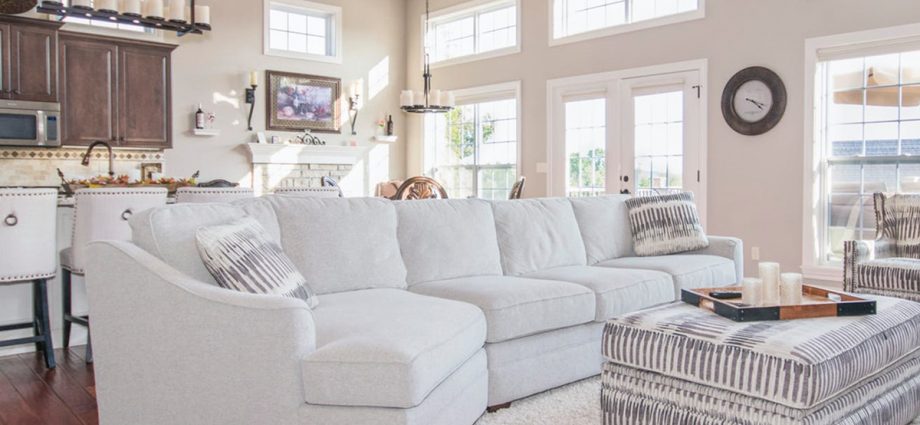Once you’re ready to make a more permanent move, you’ll find the buying process is well organised and well regulated to ensure a fair process for both sides.
In New Zealand, it can take as little as three to four weeks to complete a house purchase once you’ve found the place you want. Once a bid is formally accepted, last minute offers can’t be considered, which makes buying here a lot less stressful than it is in some parts of the world.
If you choose to buy a section (a block of land) there are a number of options for building a home tailor-made for your needs.
Most houses in New Zealand are standalone buildings on a block of land that you purchase with the building. However there are other types of land ownership, so it is important to understand what you are buying.
For more information about either buying or building a home in New Zealand check out the website of New Zealand’s non-profit consumer advocates, Consumer.
Upcoming changes to rules for buying a house in New Zealand
Upcoming changes to the Overseas Investment Act (2005) mean that overseas nationals will generally be unable to buy existing homes or residential land within New Zealand.
Under the new legislation, someone who holds a resident visa, and has been living here for at least a year – including at least 183 days in the past year – will still be able to purchase a home.
The changes to the legislation are expected to be finalised and implemented in late 2018.
The purchase process
Most home and land sales are completed using a real estate agent, with a smaller number of sales made privately. In either case, it is wise to get independent advice from a lawyer experienced in home buying (‘conveyancing’) before you make an offer.
You can find a lawyer using the website of the New Zealand Law Society. Under ‘area of practice’ click on ‘Property’.
The Government’s Real Estate Agent’s Authority has a guide to the house buying process, including what to expect from a real estate agent.
Cost of housing
Bartering over price is common when purchasing property.
Property advertisements usually show either an RV (rateable value), GV (government valuation) or CV (council valuation) figure. These figures refer to the valuation used by the local council to calculate rates (council tax) for the property. They aren’t registered valuations and they often don’t reflect the property’s true market value.
You can find an overview of values based on actual sales on the website of ‘Quotable Value’. It has district-by-district profiles covering general sales information, population and local weather. You can also buy more detailed reports about previous sales in the area or even for a specific address.
Finding a property
A good place to start looking for properties is online at TradeMe or other property websites. They have listings from real estate agents as well as private vendors. Remember however some properties are only listed on the agents’ own websites or brochures available in the local area.
Rates
If you’re buying or building a home you’ll need to include rates in your budgeting.
Rates are a ‘tax’ charged by local councils to help pay for the services they provide the community. Rates vary from place to place, but they’re always based on the value of the property.
Your local council’s website will have more information about the rates you’ll be paying in the area you’re considering. Check the ‘Community services’ on our Regional pages for local council contacts.
Borrowing
Home loans – mortgages – are available from all the major trading banks in New Zealand. You can contact them directly and many banks have a migrant banking service with multilingual staff. You can also work through mortgage brokers who negotiate with the banks on your behalf.
As a new arrival, you won’t have a credit history so make sure you bring some evidence of your credit history in your home country. For more about banking and mortgages in New Zealand, see our banking page
You’ll need a good deposit to get a home loan, as there are currently restrictions on how much of a property’s value banks can lend you. They’re called the loan-to-value ratio requirements (LVR).
They mean that borrowers with less than a 20% deposit (30% for property investors in Auckland) may find it more difficult to get a loan.
The Reserve Bank has a document you can download that outlines the LVR rules.
Insurance
In New Zealand, home insurance is now usually calculated on a ‘sum insured’ basis. This means that if your home needs to be rebuilt, the insurer will only pay out to the maximum sum that you specify when you take out your policy.
It means that you need to have a good idea of what it would cost to replace your home if the worst should happen.
You may need to get a valuation to decide how much this would be. As a start, you could look at online calculators that insurance company websites have.
There’s more information available from the Sorted.org website.
Earthquake damage to homes in New Zealand is covered by our Earthquake Commission (EQC). Its charges will be added automatically to your home insurance invoice. However, to qualify for EQC earthquake cover you must first have private home or contents insurance.
If you’re buying an apartment, insurance for the building will normally be included in the annual body corporate fee. However, make sure you check the details of this before you purchase. You will need to provide your own contents insurance.
source: https://www.newzealandnow.govt.nz/living-in-nz/housing/buying-building

